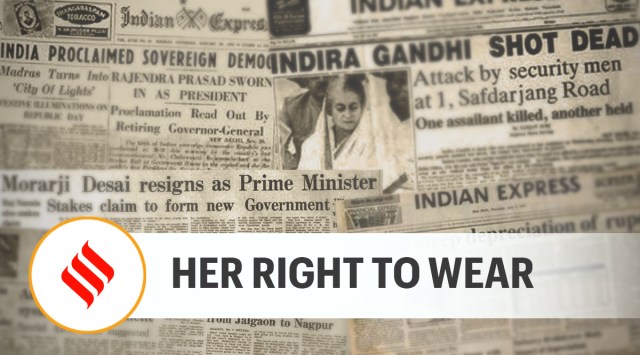
For over a month, seven students of a government college in Udupi, Karnataka, have not been allowed to attend classes because they wear the hijab. The college authorities argue that wearing head-scarves violates the dress code, even though the young women turned up for classes in the college uniform. The Karnataka education minister has called it an act of “indiscipline”, arguing that there is no place for religion in an educational institution. The principal of the college has said that “uniformity” does not allow him to make exceptions. Both are flimsy arguments given the penalty they wish to justify — shutting the doors of education to students. They are particularly indefensible given how both Indian law and cultural common sense deal with the diversity of religious expression.
The Constitution guarantees citizens the fundamental right to practise their religion, which can be curtailed only if it violates public order or demands of public health or morality. The Kerala High Court in 2016 had allowed students to take an all-India medical entrance test while wearing the hijab on the grounds that it was an “essential part” of the petitioners’ religious practice. The everyday secularism practised in the country is largely unperturbed by the multiplicity of religious symbols; rare is the school or college that does not celebrate multiple religious festivals or sees, say, a Sikh boy in a turban or sacred threads on the wrist of another student as defiance of discipline. In this, Indian social life is far from the rigidity of western ideas of secularism such as France’s laicite, which insists on a monotone uniformity in public life.
It is important to see the disproportionate reaction to hijab in a classroom in the context of the disturbing tide of attacks against minorities in Karnataka by emboldened Hindutva vigilantes, from raids on churches to the targeting of Muslim men in inter-faith relationships. The assertion of a violent majoritarianism draws oxygen from the ruling BJP government’s divisive laws on cow slaughter, inter-faith marriage and conversion. The binding of the state, closer and closer, to an identification with the majority religion spills over into the social sphere, leading to demands for the public sphere to be purged of all markers of Muslim identity. To argue that discouraging the practice of hijab, in this instance, is a feminist act is duplicitous. Such conversations are possible in an atmosphere of trust and equality, when all religions are open to the critique of reason, not when minority faiths are being daily demonised. It is discrimination that violates the law of the land. The Udupi government college must desist in conspiring in such violation, and allow the girls back into the classroom.
This editorial first appeared in the print edition on January 25, 2022 under the title ‘Her right to wear’.